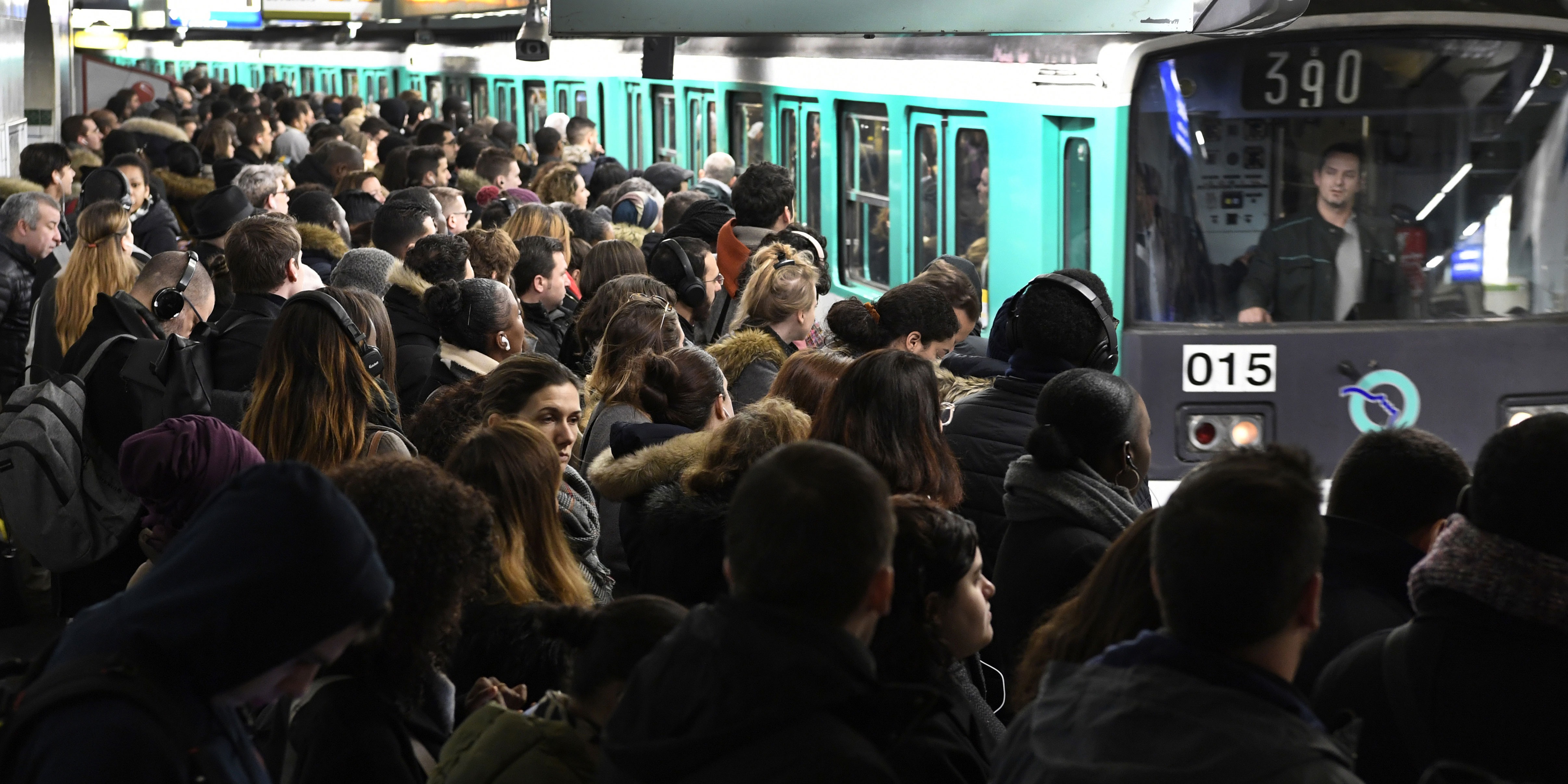To mark the blow, at the time when the examination of the pension reform begins in plenary session at the Assembly, four unions of the RATP launched ten days ago a call for a 24-hour strike, Monday, February 17, announcing a "black Monday" in transport in Île-de-France. Apparently, this is not the case since the RATP announces Monday morning a normal circulation of the RER, bus and trams during the day. Some disruption is to be expected only on three metro lines: 2, 5 and 12. What happened?
>> Find Julien Pearce's morning show in replay and podcast here
A choice of date criticized by the CGT
There are at least two explanations. First, the fact that the CGT, the second RATP union behind Unsa, did not call for a strike. A first since the beginning of the movement. In a leaflet distributed last week, she criticized the choice of Monday, February 17, and by the same token, the initiative of the traction pole of the Unsa RATP, which stopped this date ten days ago.
Deductions from wages
The CGT recalls that a day of interprofessional action is planned three days later, on February 20. The day is organized by the confederations which demand the withdrawal of the pension reform. "Now is not the time to disperse our forces," she said.
There is also a second explanation: it is on their pay slip for January, therefore still very fresh in the memories, that RATP agents discovered the deductions from wages due to the strike in December. Obviously, it made more than one think ...

